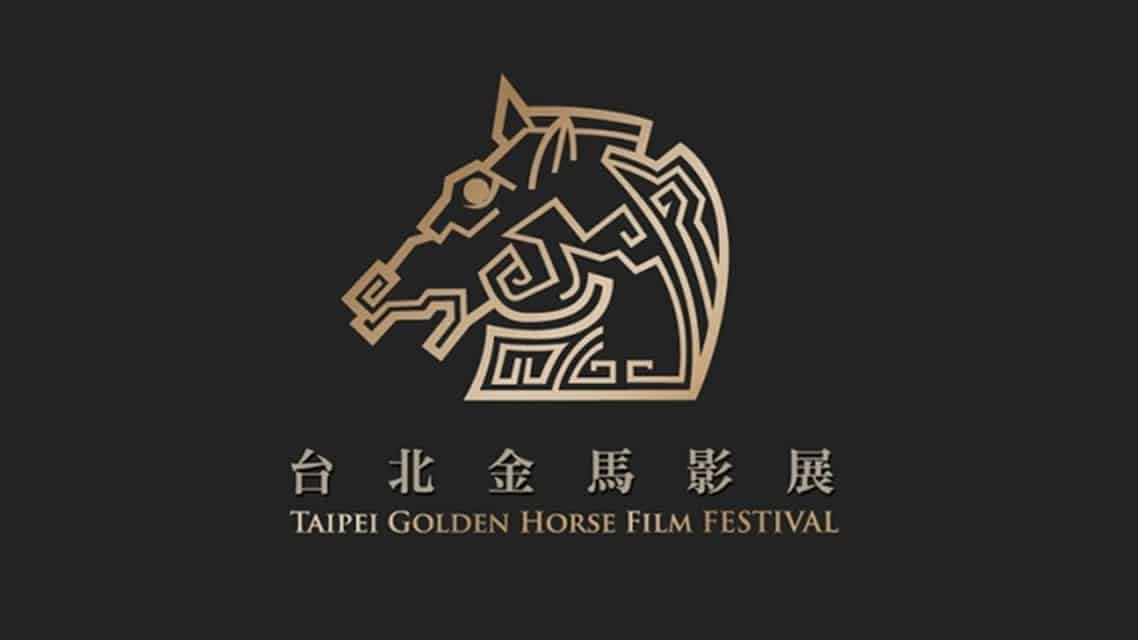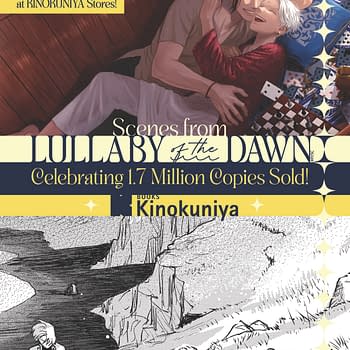Posted in: Movies | Tagged:
China-Taiwan Tensions up at Golden Horse Awards as Filmmaker Calls for Independence
Controversy erupted at the Golden Horse Awards last weekend when Fu Yue, the winner of the Best Documentary award, called for Taiwanese independence in her acceptance speech. Chinese state television, which broadcast the awards live, blacked out that part of the show.
"I hope one day our country will be recognized and treated as a truly independent entity," Fu said. "This is my biggest wish as a Taiwanese."
Fu Yue's documentary, Our Youth in Taiwan, was about student protests and activism in Taiwan, specifically the Sunshine Movement of 2014 which protested a sexual harassment scandal at a university that became a national news story. It looks like Taiwan started its #MeToo moment four years before America did.
Fu Yue's documentary was already controversial in Taiwan. It depicts a touchy subject of a student from China who goes to Taiwan to become a fervent political activist and protester, an ensuing sexual harassment scandal and the protests that became national news. Fu Yue's speech blew up the continuing tensions between China and Taiwan that have been brewing since Taiwan came into existence as a country in 1949.
As China Film Insider reported, the speech cast a pall over the rest of the evening's celebrations. Gong Li refused to go on stage to present the Best Picture award after Fu Yue's speech. Mainland Chinese filmmakers decided not to attend the post-ceremony dinner and many after-parties were cancelled.
China also declared Mainland Chinese production companies and studies would now be prohibited from participating in future Golden Horse Awards, which might put a crimp on the attention and marketing opportunities Mainland movies can get after this year.
The Golden Horse Awards are the pan-Chinese Oscars. Founded and held by Taiwan, it covers Chinese language films from Taiwan, Hong Kong and China. It is the most prestigious Chinese film award in the world.
This was not the first time China blacked out a controversial part of a film awards broadcast. Back in 2015, when 10 Years, the anthology movie that took a pessimistic view of Hong Kong's future under Mainland Chinese rule, was nominated for Best Picture at the Hong Kong Film Awards, that part of the show was pre-empted by a segment from a cooking show in China.
For those who don't know, Taiwan has a complex history. It was part of the Qing dynasty until 1895 when China ceded the island to Japan after the Sino-Japanese War. After the Japanese surrender at the end of World War Two, the Republic of China under the leadership of Chiang Kai Shek's Kuomintang claimed control of Taiwan. When the Kuomintang lost the Chinese Civil War to the Communists, they fled to Taiwan.
Taiwan named itself The Republic of China (ROC) while Mainland China named itself the People's Republic of China (PRC). The ROC, as a founding member of the United Nations, held a seat until it was taken over by the PRC in 1971.
China has insisted on sovereignty over Taiwan and its independent status is illegitimate. Taiwan has held its own elections for its own parliamentary government. China has not ruled out its right to use military force to reunite Taiwan if peaceful means fail.
The argument between Chinese people is currently divided into the "Taiwan, China" and "Taiwan, independent country" camps. China has pushed for airlines to not name Taiwan as a country but as "Taiwan, China". This is a major sticking point for the Taiwanese who insist on their self-governance and independence.
Just last weekend, the Hong Kong English language newspaper The South China Morning Post ran an analysis on China's plans to take back Taiwan by military force if necessary. A Chinese military invasion of Taiwan would likely draw America to intervene since Taiwan is a US ally, many fear this might lead to World War III.
China's relationship with Taiwan is complex. They consider the Taiwanese part of the family, an errant province that will eventually rejoin the Mainland to become one country. Taiwanese actors continue to get work in movies made in Hong Kong and China. Some of them are even popular stars like Andy Lau Tak Wah, who became a TV and movie star in Hong Kong in the 80s and 90s and is now one of the biggest movie stars in the Chinese-speaking world. His status is akin to the Chinese version of Tom Cruise.
The Chinese government is acutely aware of the value of movies and popular culture as a means to deliver messages and win hearts and minds. For filmmakers to make political statements in public forums is another part of the war of attrition in the China-Taiwan conflict.















